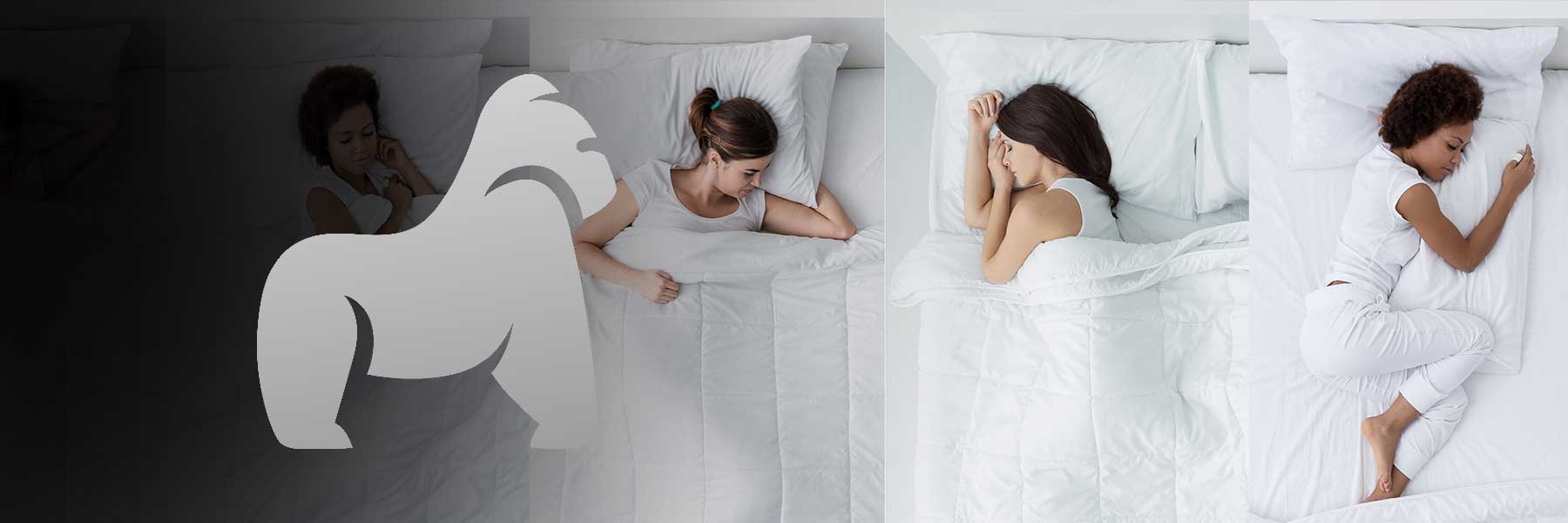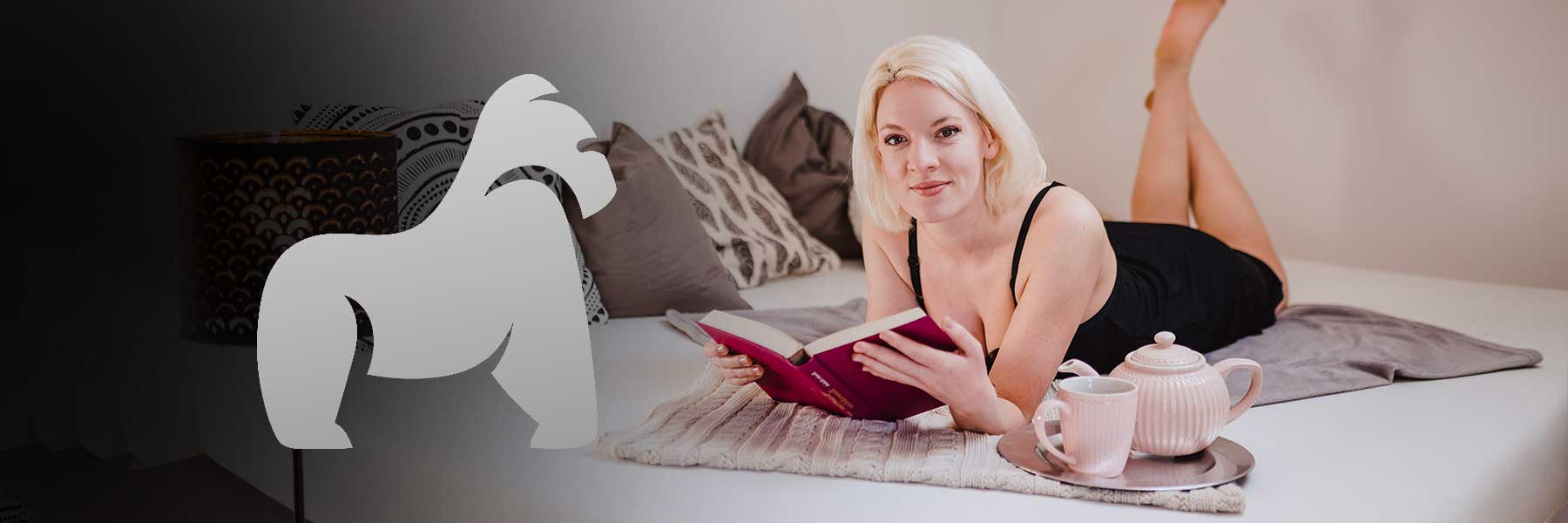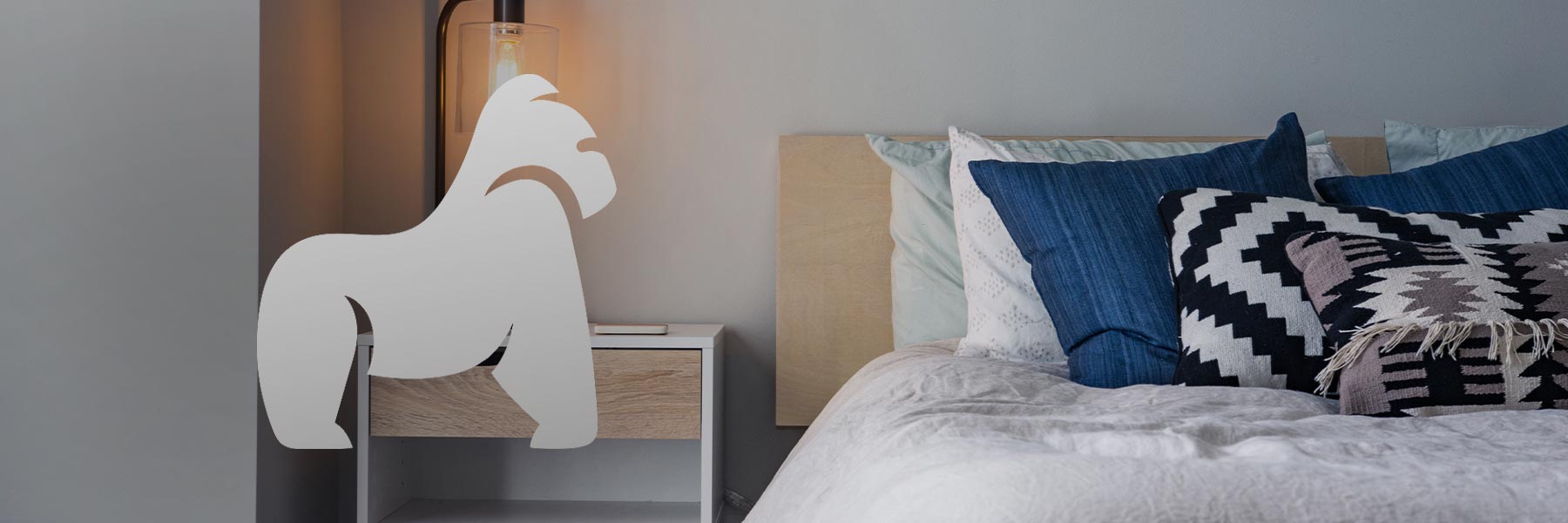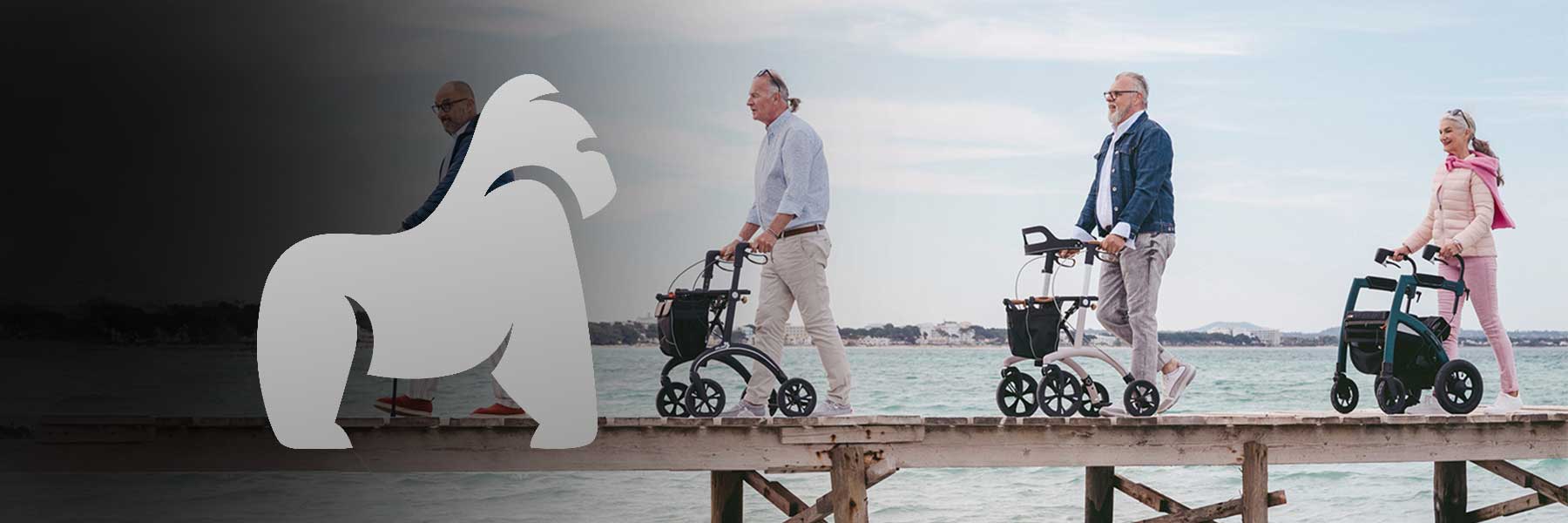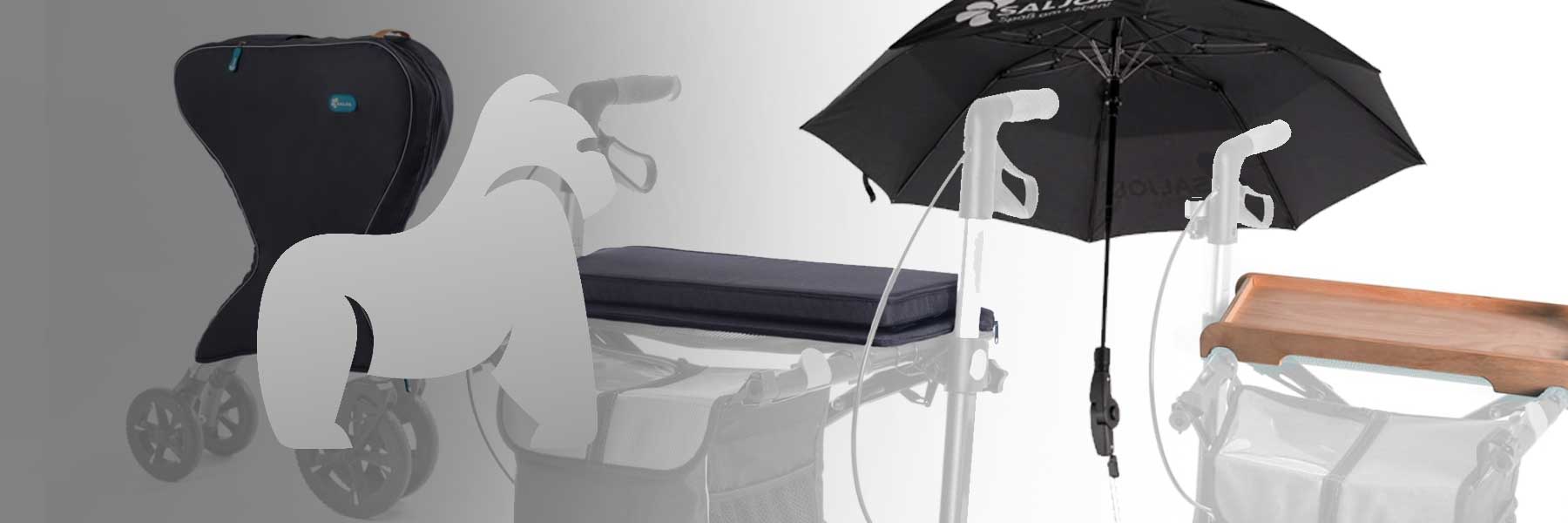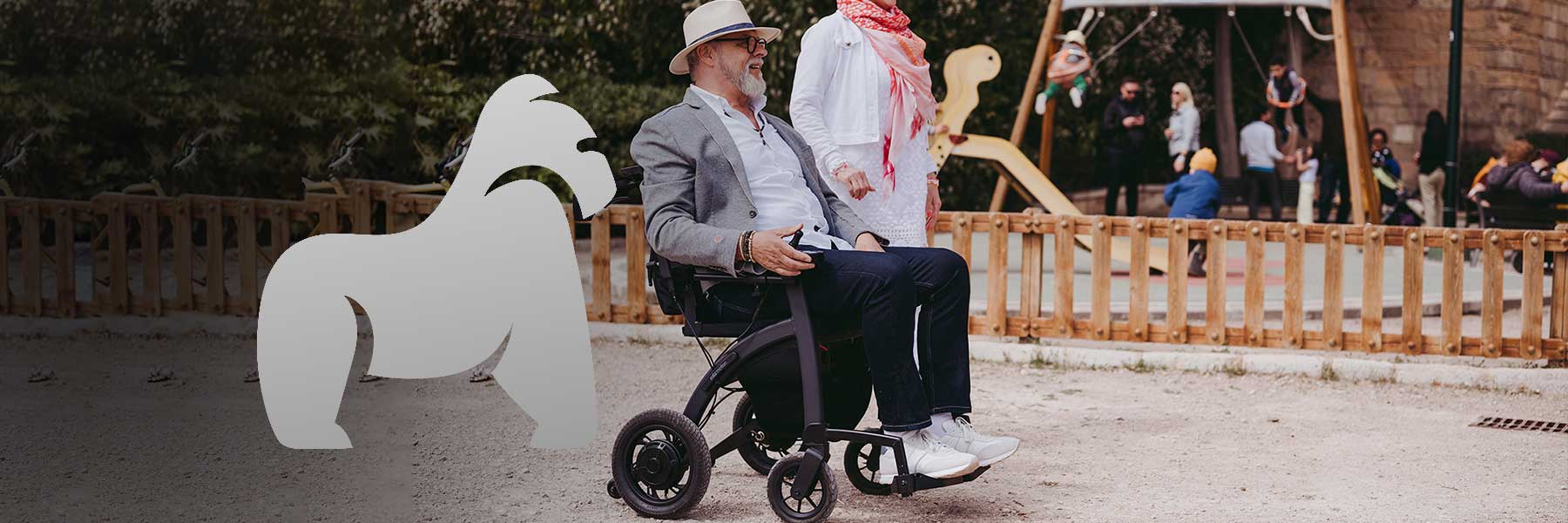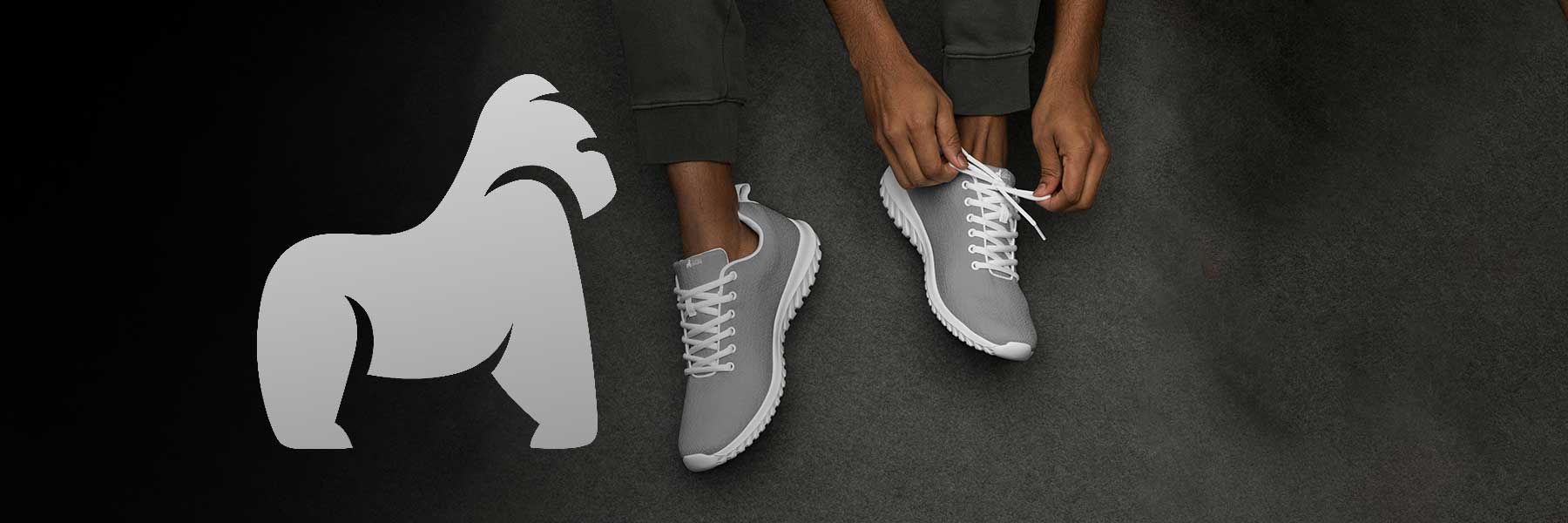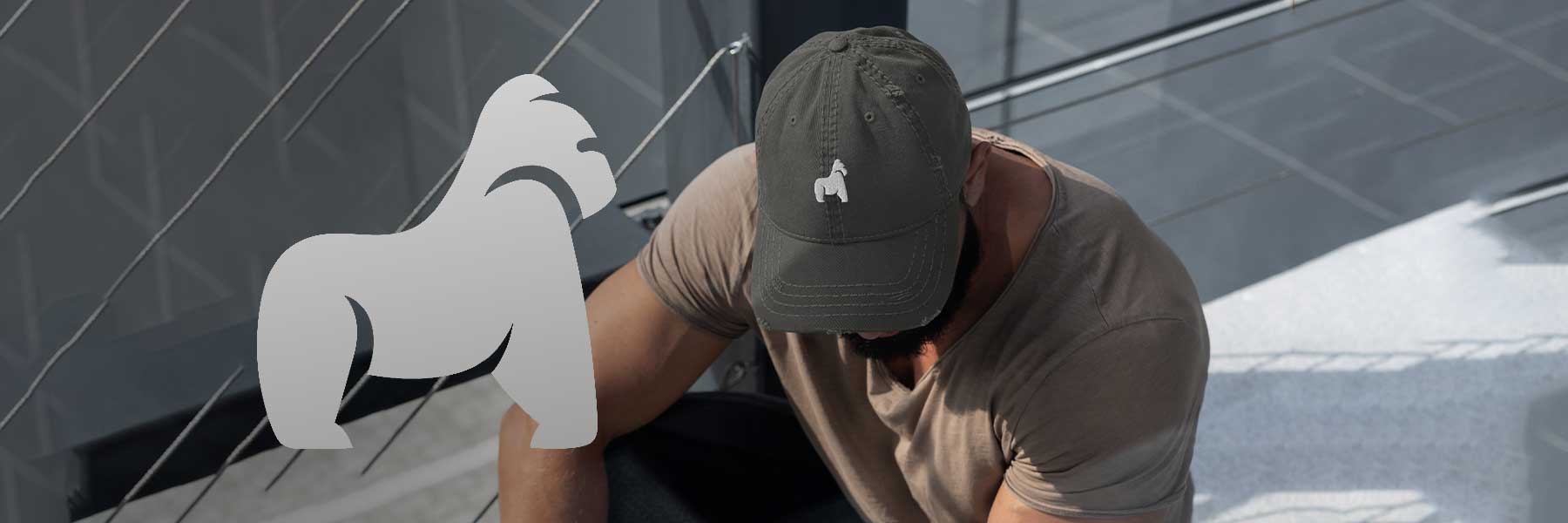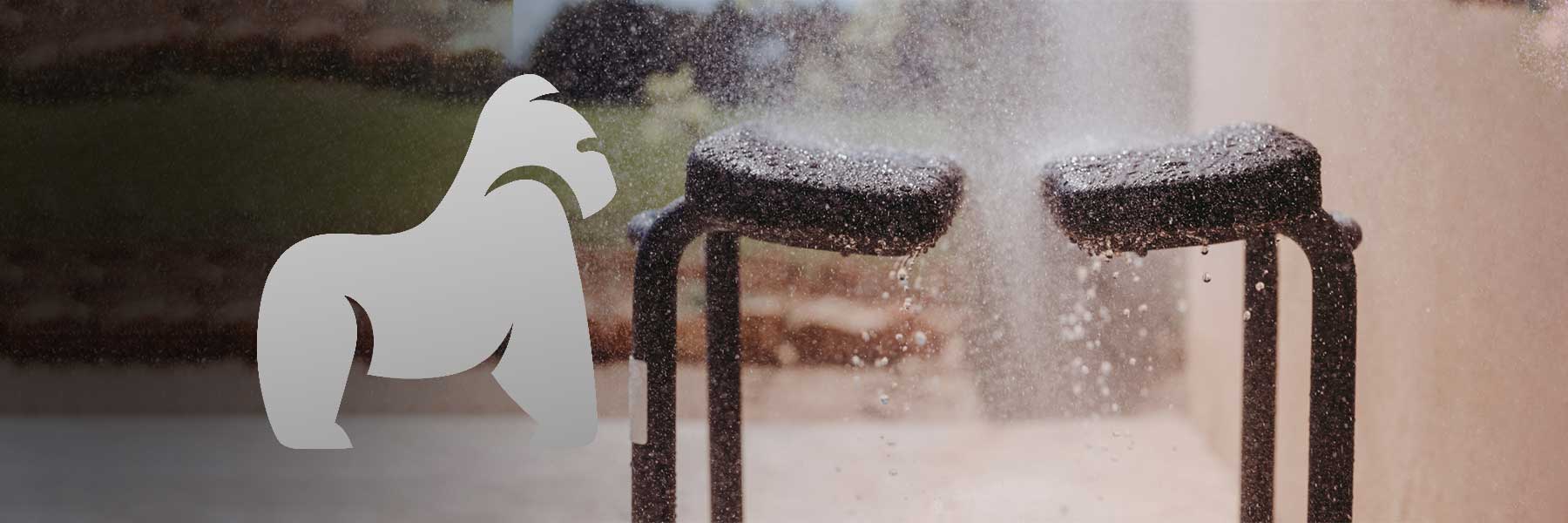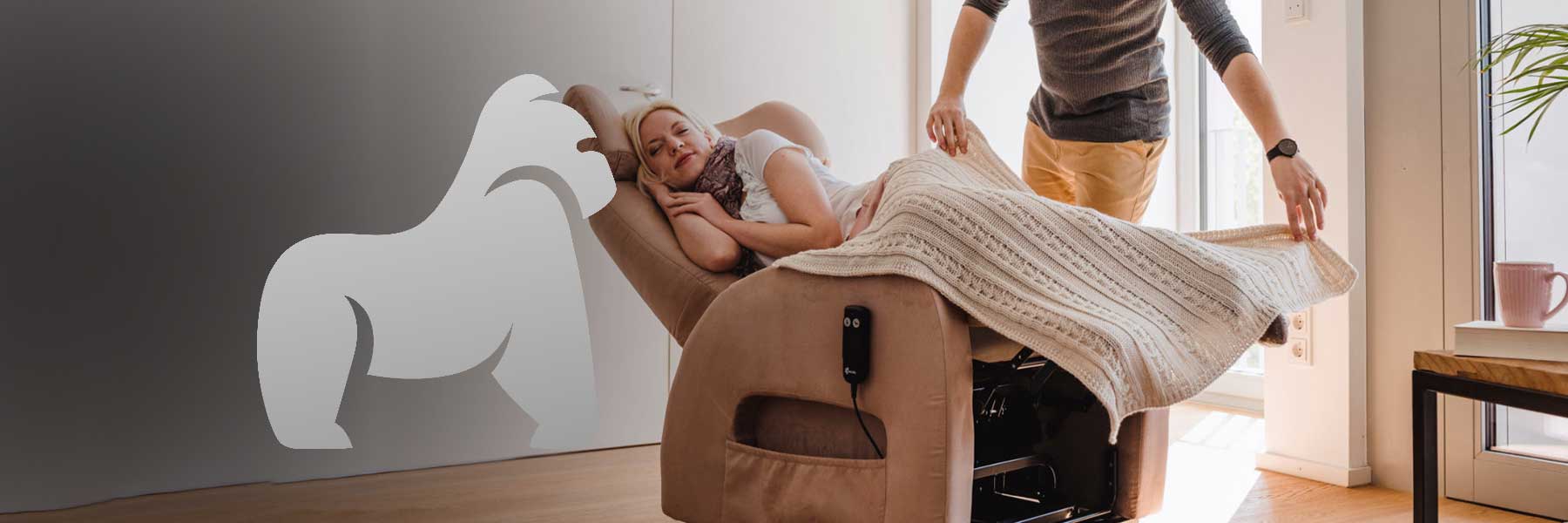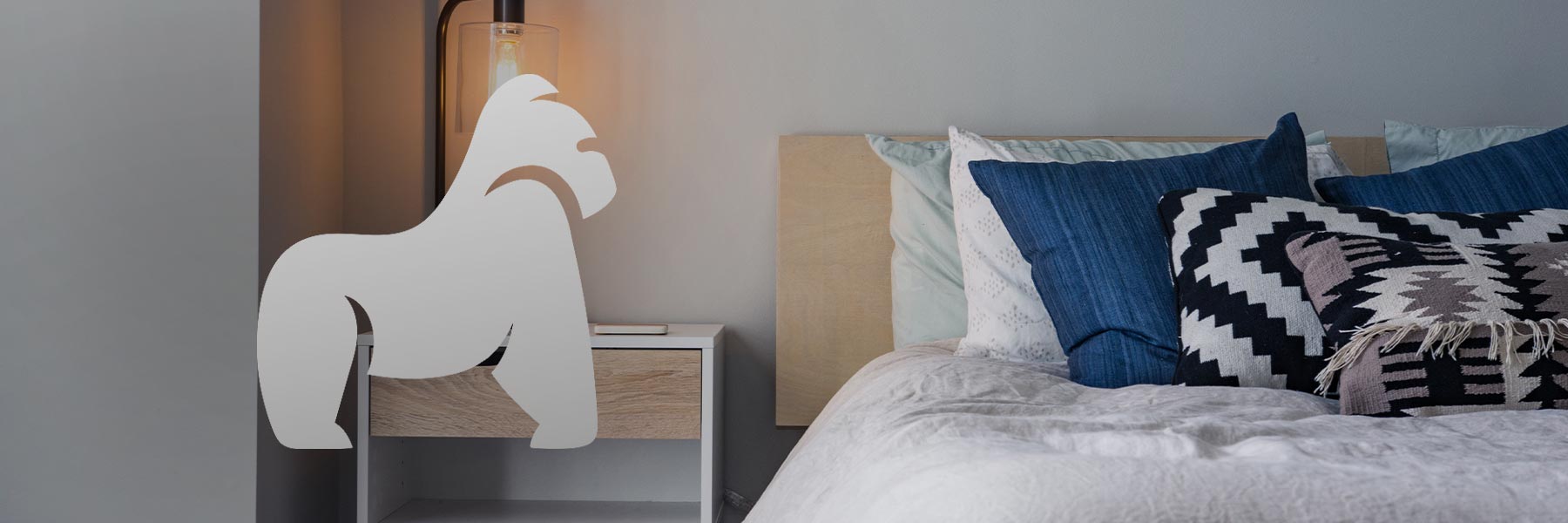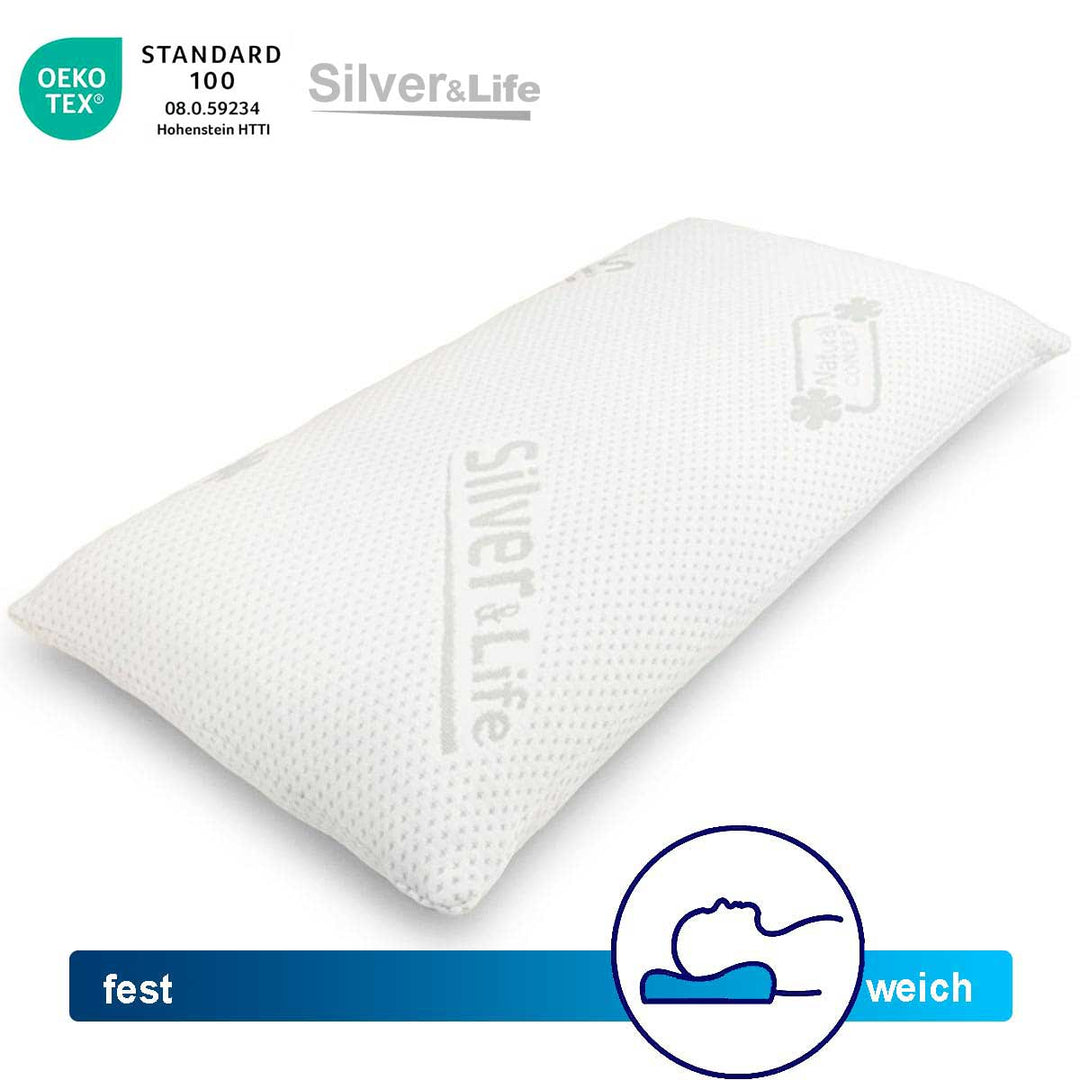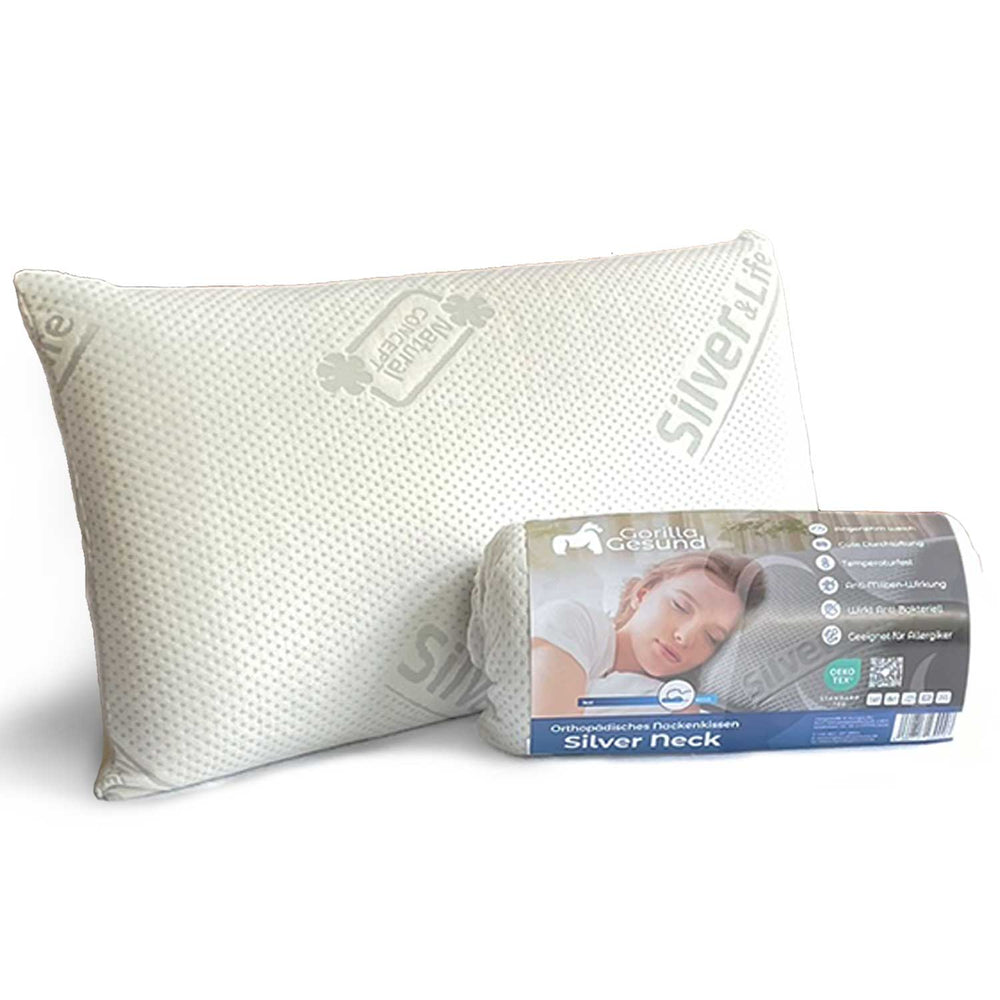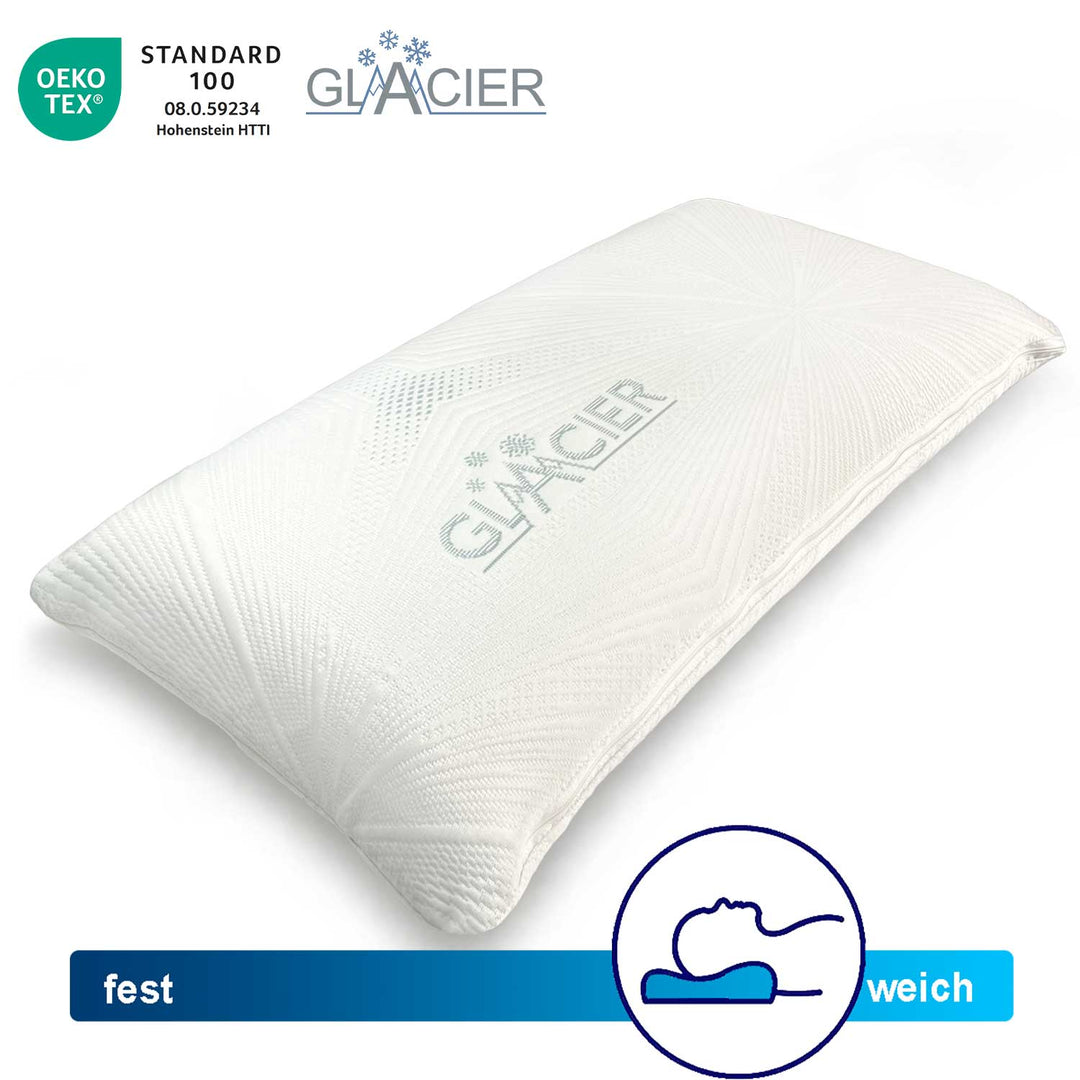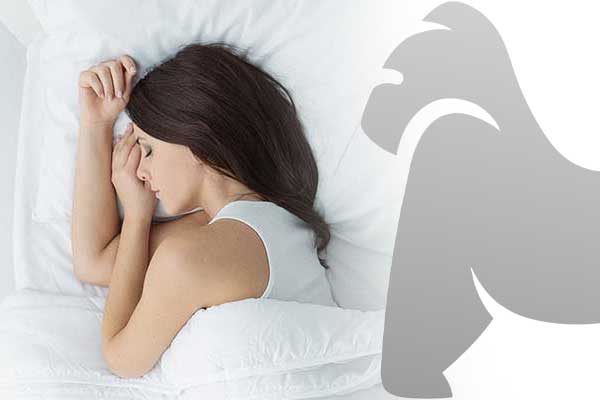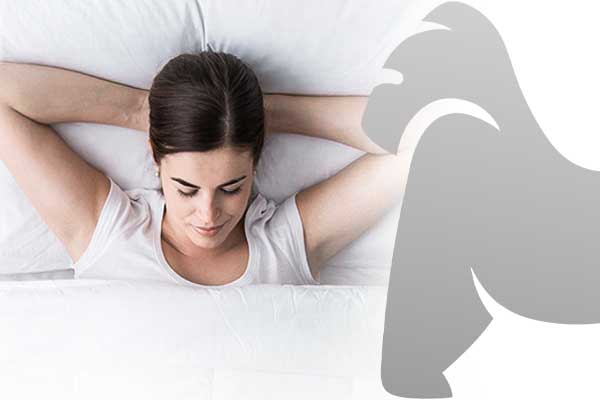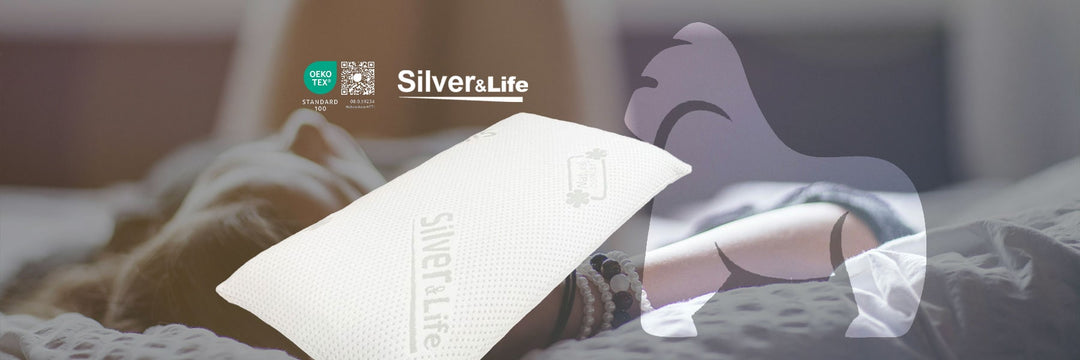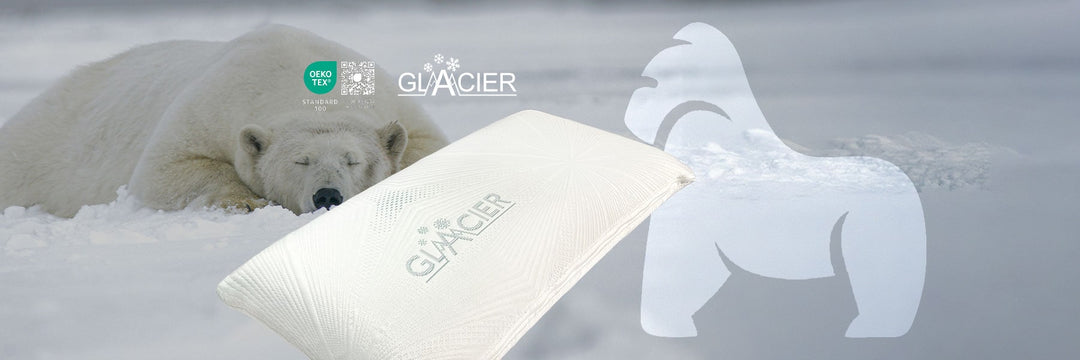The truth about napping: More than just a short sleep
The art of napping: When, how, and why
A quick nap can work wonders – but there is more behind this short sleep than you might think. Thomas Edison, the American inventor behind numerous innovations, including the practical light bulb, knew this all too well. He valued the power of a well-timed nap so much that he set up nap couches in his home and laboratory to recharge as needed. Other great figures in history, such as the painter Leonardo da Vinci, former British Prime Minister Margaret Thatcher, and former First Lady of the United States Eleanor Roosevelt, have also highlighted the benefits of napping.
Here are some key insights from Gorilla Gesund about napping:

Are you a fan of napping?
There is no one-size-fits-all solution when it comes to napping. Some people are naturally fans of naps, while others prefer to skip them. Much of this preference may be due to genetic factors. People who enjoy napping usually fall asleep quickly but not very deeply. After about 20 minutes, they wake up on their own and feel refreshed. Some nap enthusiasts say they need this time and are not as productive without it. On the other hand, "non-nappers" sleep more deeply during naps. They usually need an alarm to wake up, and when they do, they feel groggy. The nap significantly impairs their productivity. So, will you take the plunge into the realm of napping? To nap or not to nap, that is the question!
The danger of sleep inertia
Do you find yourself needing more sleep during the day? This could be a sign of an impending health problem. Studies have linked regular naps with an increased health risk, including cardiovascular diseases. Constant daytime tiredness can be a sign of depression. In such cases, daytime sleepiness is a symptom of an underlying problem. Sleep is not the cause of the problem, although napping can worsen depression if you are affected. Consult your doctor to determine the cause of this exhaustion.
The pitfalls of catnaps
There are some downsides to napping. While a short nap usually does not affect nighttime sleep, a longer nap or frequent naps can make sleeping at night more difficult. If you already suffer from insomnia or poor sleep quality, napping could even worsen the problem. The "sleep inertia" feeling occurs when you are disoriented or groggy after a nap. It can take a while to recover from this state and you lose valuable work time.
Some people feel uncomfortable sleeping anywhere other than the privacy of their own bedroom on a comfortable, supportive mattress. But if you try to sleep during work hours, napping on the sofa or chair is often unavoidable. Instead of napping, try to get some exercise. Take a walk in the fresh air, get some sunlight, and see if that doesn't give you an energy boost. This will help you fall asleep better in the evening when it's time to go to bed.
7 Tips for the Perfect Nap
When and how should you best take a nap? Here are 7 tips from Gorilla Gesund:
-
Naps when you have a cold: If you are sick or feel like you are getting sick, you should definitely take a nap. Sleep is good medicine! Your body needs extra rest during this time to recover.
-
Keep naps between 15 and 40 minutes: Research presented at the American College of Cardiology conference shows a link between naps longer than 40 minutes and health problems such as obesity, diabetes, and metabolic syndromes like high blood pressure and high cholesterol.
-
Master the power nap: If you work a double shift or during a time period that disrupts your regular sleep, you should take a short nap during a break to maintain your energy and concentration.
-
Use naps as a substitute for caffeine: If you often reach for coffee, caffeinated drinks, or energy drinks during the day, you should take a nap instead. Naps are far more effective and longer-lasting in terms of boosting energy. Additionally, caffeinated food and drinks during the day impair nighttime sleep.
-
Enjoy an airy nap: A nap on the plane can help you adjust to different time zones. Also, navigating airports can be stressful, so a little nap can help you relax. Make sure your neck is supported so you don't wake up with tense muscles. Of course, it's much easier to sleep lying down, so don't forget your neck pillow if you want to sleep on the plane.
-
Consider a nap room: If you work from home, it's easy to find a place to nap. If you have your own office with a lockable door, napping should be no problem. Some companies, including Zappos and Google, now offer their employees "nap rooms" where they can take short naps during breaks. If you are not in this position, it can be a challenge to find a place where you can fall asleep quietly and with the necessary privacy. Use earplugs and sleep masks to make falling asleep easier.
-
Try meditation: Meditation has many of the same benefits as a nap, and you don't have to lie down! Close your eyes, focus on your breath, and relax your muscles. Let thoughts come and go without holding on to them. If you fall asleep, that's okay: you probably really needed it.
A rested day begins at night
A nap can help you get through the day with a smile, but don't neglect the sleep that really matters – the 7-8 hours you should spend in bed at night. If you feel tired in the early afternoon, you might not be getting the sleep you need at night. Prepare for success – make sure your sleep environment helps you sleep well through the night.
Your path to a restful nap
A short nap can improve your productivity and health, but it requires a certain level of mindfulness. Make sure to choose the right duration for the nap and not to do it too often, so as not to jeopardize your nighttime sleep. Remember that naps are not a substitute for the essential 7-8 hours of sleep at night. Gorilla Gesund recommends you take advantage of the benefits of a nap but not neglect the sleep you get at night. Your well-being depends on a balanced sleep routine that includes both naps and nighttime sleep.





